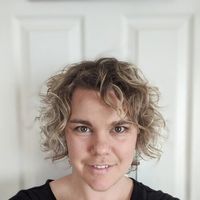Eco-Anxiety Is Manifesting in New Moms in Crippling—and Sometimes Motivating—Ways
Waves of new mothers are experiencing intense distress over the state of the planet, but that anguish is also galvanizing them to create lasting change for future generations.
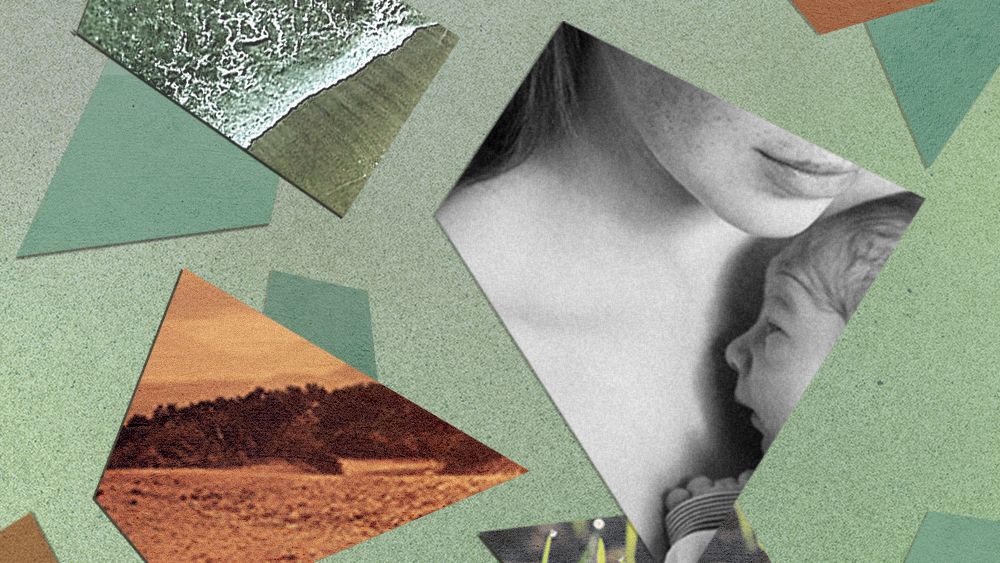
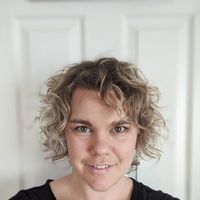
Kaara Kallen first became anxious about climate change after reading up on the acidification of the ocean and how that meant millions of species would likely go extinct. In the years following, whenever she learned something alarming about the environment, she would find herself growing uneasy. Then she had a baby. “Once Ani was born, it was a whole other level of fear,” says Kallen, a 47-year-old writer and editor who lives in Chicago. She became distressed about not just her own child’s future but the futures of all children and even animals. She found herself overwhelmed with the creatures on her daughter’s pajamas, bedsheets, toys, and books. “I would cry just thinking about how the savannas and forests where elephants and giraffes live are becoming completely drought burdened,” recalls Kallen. “There's no habitat for these animals anymore. They don't have a place to raise their babies.”
The number of Americans who are “very worried” about climate change has doubled in the past five years, and, in 2020, a poll by the American Psychiatric Association found that half of Americans are concerned about climate change’s effect on their mental health. But for some pregnant women and new mothers, grief and anxiety about climate change can come on suddenly and feel daunting. Having a child makes you acutely aware of the future, explains Linda Buzzell, a therapist and co-editor of the book Ecotherapy: Healing with Nature in Mind. “We become less focused on our own lifespans and start to wonder what life and the world will be like when our baby is in college or 40 years old or a grandparent,” she says. Combine this with the frequency at which climate change is being discussed by world leaders and featured in the news, a 35 percent increase in natural disasters in the past 20 years, and an intensifying global concern about the future, and it’s not surprising that so many new mothers find themselves suddenly tormented about the state of our planet.
Mollee Sullivan, a 37-year-old stay-at-home mom in Richmond, Virginia, was always aware of climate issues but didn’t become an environmental activist until parenthood. “I didn’t even recycle before I had kids,” she says. “Something just awakened in me when I reproduced.” When Sullivan was eight months pregnant with her second child, Donald Trump was elected. “I thought to myself, This man is going to burn the planet.” Sullivan went to her first environmental activism meeting when her daughter was two months old. “I had just enough time to get [there] and back before she needed to breastfeed.”
Portia Zwicker, a 41-year-old technical writer from Niskayuna, NY, had a similar experience. While she’d been mildly concerned about climate change before getting pregnant, it wasn’t until she became a mother that she started suffering from severe anxiety over it. “It just scares me so much to think about the kind of world my daughter will be living in when she’s my age,” she explains. She sometimes finds herself waking up at night in a panic about climate issues.
For some moms, climate change isn’t a theoretical worry, it’s in their backyards. Claire Breslow’s daughter was only eight weeks old when the Holiday Farm wildfires started burning near her home in Springfield, Oregon. Breslow, 31, who works in education, had already been quarantined with her family for months due to COVID-19, and then they watched helplessly as the skies blackened with smoke. She and her husband sealed the windows of their 100-year old house as tightly as they could, but when their newborn started sneezing, they knew they had to leave. “The fire was just moving closer and closer to us,” Breslow says. “The air was full of ash.” They loaded their kids into the car and started heading to a relative’s house. “The drive itself was apocalyptic. We kept getting calls that the fire was close to the highway and we were going to have to turn around.” The experience of fleeing from the wildfires brought her children’s future into perspective. “[My partner and I] kept talking about how our kids are going to be part of climate wars or might be climate refugees.” While their house survived the fire, and Breslow and her family were able to return home after 10 days, she found herself wondering how her kids will find a place to live that isn’t impacted by climate change: “Is it going to be hurricanes, or tornadoes, or flooding, or is it going to be wildfires?”
For a new mom, a preoccupation with climate change couldn’t come at a worse time: Often you’re stuck at home, isolated from friends and family; your emotional and physical needs are taking a backseat to your child’s; and your only access to the outside world is the newsfeed on your phone. Not only is a woman caring around the clock for a needy infant, but her body is flooded with powerful hormones, and, according to neurologists, her brain undergoes “the most rapid and dramatic neurobiological change” of her life. The part of her brain that controls anxiety, empathy, and social connection completely lights up (so much so that years later, researchers can tell if you’ve had a child just by looking at a brain scan). There is a hormonal surge of protectiveness, and new mothers are more likely than their peers to develop obsessive-compulsive behaviors like repetitive hand washing or frequently checking if their baby is breathing. It’s only logical that anxieties about the environment, which might be manageable at another time, would start to feel overwhelming, even debilitating, in the intense postpartum period.
Sharon Keilthy, a 40-year-old entrepreneur from Ireland says it was this combination of having a new baby and being at home that reconnected her to fundamental concerns. “Breastfeeding made me realize, for the first time, that cow's milk is another animal's breast milk,” Keilthy says. While Sharon breastfed her newborn, she started watching documentaries about sustainability and the climate crisis. “Being at home and focused on daily tasks tuned me in to [the issue of] waste. All the plastic going into our trash.”
Get exclusive access to fashion and beauty trends, hot-off-the-press celebrity news, and more.
To make matters more disorienting, the symptoms of eco-anxiety look strikingly similar to postpartum anxiety, leaving new mothers unsure where to turn for help or a diagnosis. Gabrielle Oviatt says that, despite being an environmentally aware person, her level of distress after having a baby was unlike anything she’d felt before. “I can recall two weeks after giving birth just crying for two days straight about the destruction of the earth,” Oviatt says. “I felt like I couldn't turn my brain off to stop thinking about how different the world was going to look for my son.”
Dr. Jenn Conti, an OB-GYN and host of the podcast “The V Word,” says it’s possible that worrying obsessively about climate change is just another form of postpartum anxiety. Symptoms of postpartum anxiety, which affects 15 percent of new mothers, include negative intrusive thoughts and obsessive worrying, and are often accompanied by a reduced ability to eat, sleep, and function. “When we think about postpartum anxiety and depression, it would be wrong to assume it’s only about postpartum or about the baby,” Dr. Conti explains.
For Kallen, the hardest part of her eco-anxiety was that it was legitimate: “It's not like there's any part of it that I'm exaggerating or worrying about needlessly.” According to Conti, there is an inherent difference between stressing about, say, someone kidnapping your child and stressing about the reality of climate change. While it seems obvious that you’d want to reduce concerns around irrational or improbable fears, it’s not so straightforward when your fears are about something that has been scientifically proven. “People would suggest a psychiatrist or medication and I would be like, ‘No, I don’t want to feel better,’ ” says Kallen. “Everyone should be scared of [climate change]. We should all be terrified.”
We become less focused on our own lifespans and start to wonder what life and the world will be like when our baby is in college or 40 years old or a grandparent.
But seeking help for eco-anxiety can be complicated and sometimes equally distressing. According to Buzzell, many health and wellness providers haven’t yet caught on to the enormity of the issue. “They confuse totally normal and healthy concern about real-world climate and environmental issues with a mental health disorder,” she says. When Zwicker told her healthcare provider that she was having what she thought was climate anxiety, her provider referred her to a therapist. The therapist assumed Zwicker meant Seasonal Affective Disorder, which is a form of depression brought on by the winter months. “It's a crushing blow when a supposed expert is not even aware of the type of anxiety you're speaking about,” Zwicker says. “Here I am, desperately worried about the state of the planet and life on it, and someone is completely ignorant about it.”
Part of the problem, according to Merritt Juliano, a therapist and the co-president of the Climate Psychology Alliance North America, is that while eco-distress can have disastrous effects on someone’s mental health, it is not a mental health diagnosis. “Eco-distress is an adaptive response to climate change,” says Juliano. Part of the work Juliano does with the Alliance is making clinicians more aware of eco-distress so they’ll recognize it when they see a patient struggling.
When it comes to managing anxiety around climate change, validation is key. Dr. Laura Venuto, a psychiatrist from New York City, suggests that the focus should be on getting to a place where the anxiety is manageable so that the person can actually do something to help the issue. "If you have a debilitating level of anxiety about the environment, you will essentially be paralyzed," says Venuto. For Sullivan, volunteering was the only thing that gave her hope. “It wasn’t good enough anymore to keep up with the news, I had to get involved, even if I was wearing a baby on my chest.” She volunteers regularly with Citizens’ Climate Lobby, Environmental Voter’s Project, and Climate Interactive. “I’ve used volunteering as my therapy.”
Support from like-minded people is also necessary. Many programs now exist to help people grappling with eco-anxiety, such as the Climate Journal Project, which offers writing prompts to help manage climate anxiety, or Good Grief, a 10-step program designed to build resilience in the face of climate change. Buzzard says that for those awake to the climate crisis, there is great danger in trying to deal with that awareness alone. “Hopefully a new mom can find a group that is open to her concerns, or perhaps she will start one and discover that many other new parents share her anxiety.”
Mothers have long been at the forefront of social change. Consider Shannon Watts (gun safety), MADD (drunk driving), and Wall of Moms (police reform, Black Lives Matter). It’s no surprise that, as we face the “greatest threat modern humans have ever faced,” mothers are mobilizing against climate change. For Zwicker, that has meant making climate change activism a primary focus of her life. “It’s the number one thing I devote myself to besides parenting.” Similarly, Keilthy quit her corporate career when her daughter was four and signed up for a course in environmental justice. Since then, she has founded a sustainable toy company, Jiminy.
And Kallen has converted her “postage-stamp-sized” yard in Chicago to a native plant garden, which helps reduce air pollution and promotes biodiversity. She works with her daughter in the yard, showing her how the worms turn compost into soil and how small shoots grow into plants and flowers. “It’s an affirmation of life.”
This story has been updated to reflect Portia Zwicker's correct age and location.
RELATED STORIES
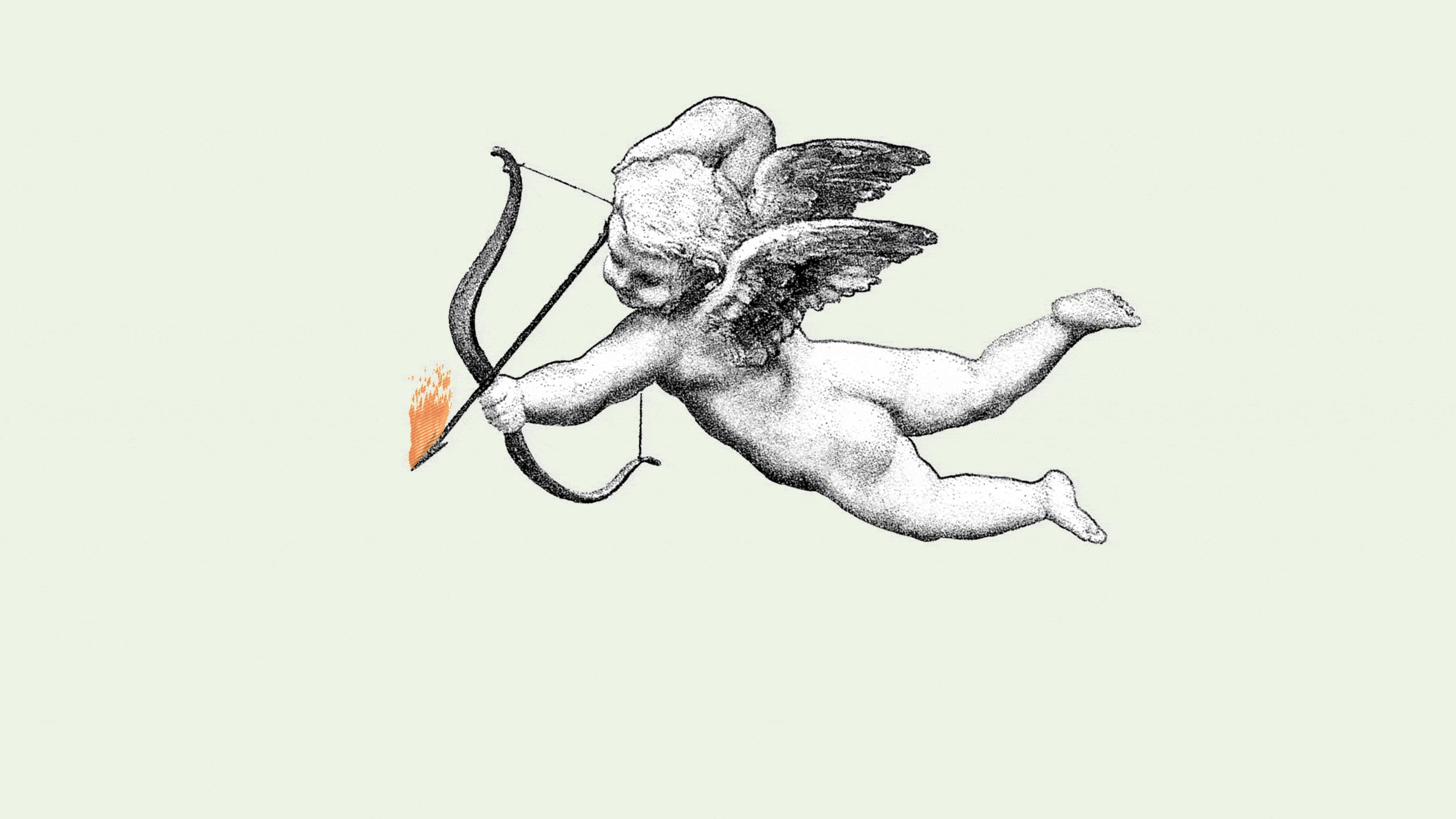
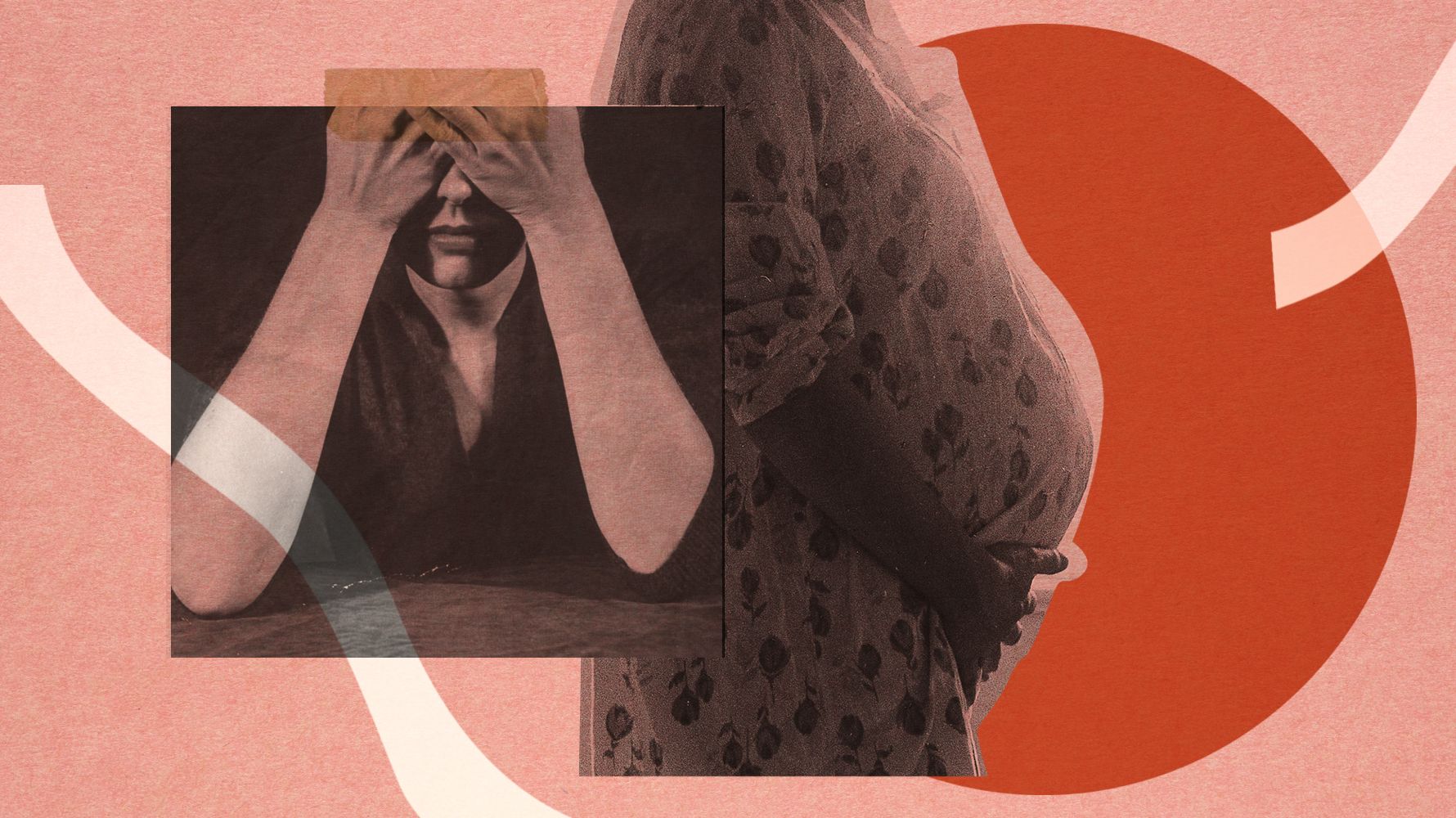

Emma Pattee is a writer from Portland, Oregon. Her work has appeared in The New York Times, The Washington Post, The Cut, Glamour, Elle, and more.
